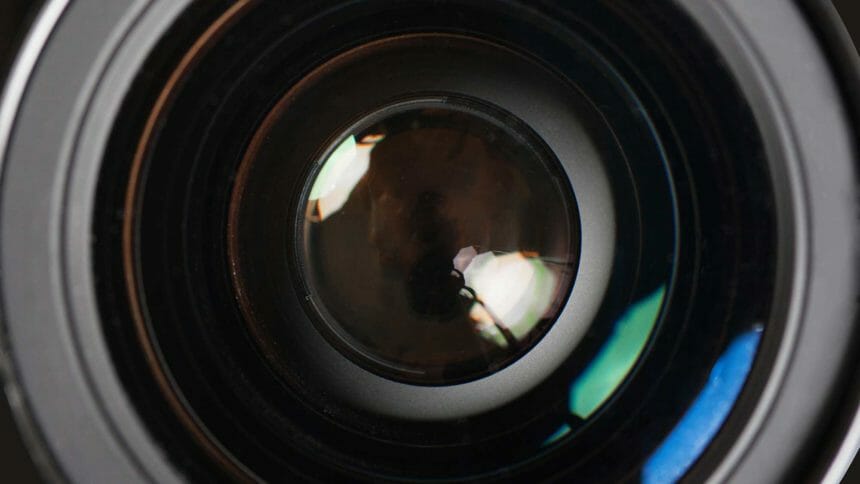
Companies that use technology to monitor workers’ computer usage, conversations and movements have been put on notice. The National Labor Relations Board plans to protect employees from “omnipresent surveillance” by their employers, General Counsel Jennifer Abruzzo said Monday in a memo.
The NLRB, Abruzzo said, should particularly be concerned with companies that record workers’ conversations and track their movements using wearable devices, cameras, radio-frequency identification badges and GPS tracking devices. Additionally, she noted, some employers monitor staff members’ computers with keyloggers and software that takes screenshots, webcam photos or audio recordings throughout the day.
The attorney is concerned that employers may use these data to manage employee productivity and enforce discipline.
“It concerns me that employers could use these technologies to interfere with the exercise of Section 7 rights under the National Labor Relations Act by significantly impairing or negating employees’ ability to engage in protected activity — and to keep that activity confidential from their employer,” Abruzzo said in a statement issued in conjunction with the memo. “Thus, I plan to urge the board, to the greatest extent possible, to apply the act to protect employees from intrusive or abusive electronic monitoring and automated management practices that would have a tendency to interfere with Section 7 rights.”
According to Abruzzo, the nature of the technology used could mean that an employer has “presumptively violated” the NLRA by hampering employees’ privacy. She said that she will urge the board to require employers to disclose to employees the technologies it uses to monitor and manage them, its reasons for doing so, and how it is using the information it obtains.
Some surveillance is “omnipresent,” Abruzzo said, because some employers use electronic monitoring outside of working hours.
“After the workday ends, some employers continue to track employees’ whereabouts and communications using employer-issued phones or wearable devices, or apps installed onworkers’ own devices,” she wrote in the memo. “And even before the employment relationship begins, some employers pry into job applicants’ private lives by conducting personality tests and scrutinizing applicants’ social media accounts.”
Employee confidentiality, both inside and outside of the workplace, has “long been an overriding concern to the Board,” she said.


